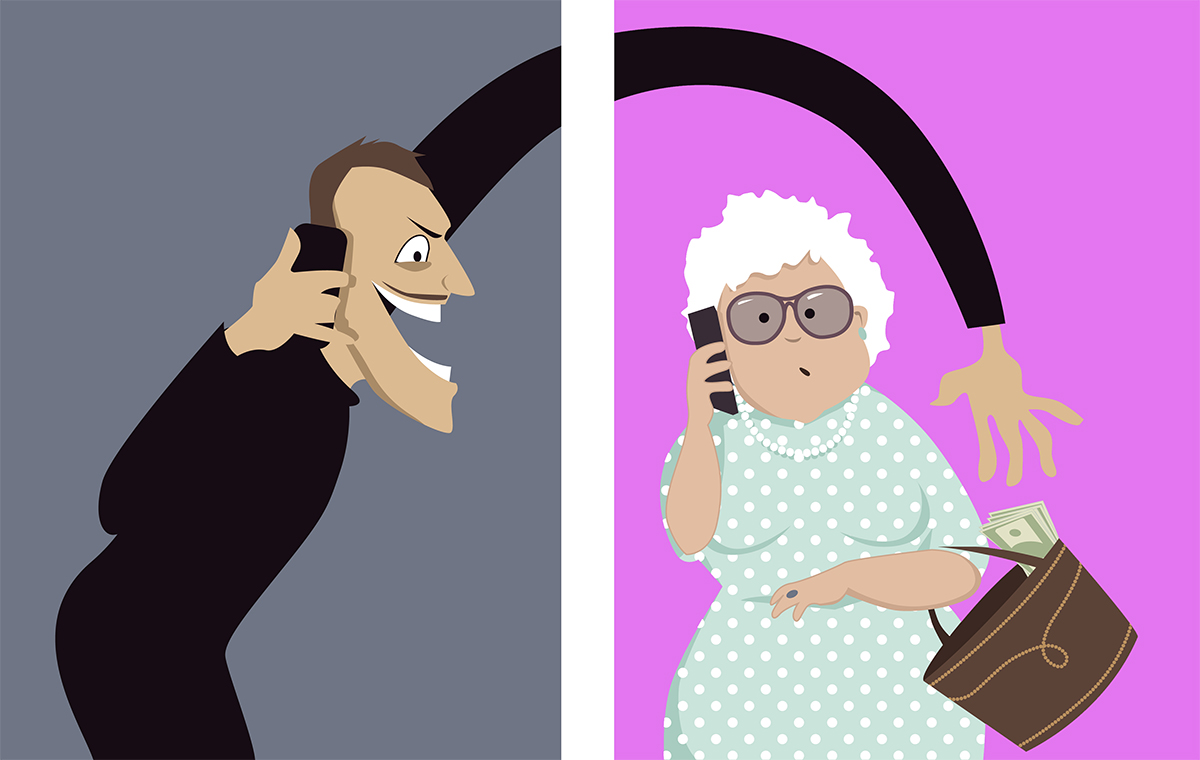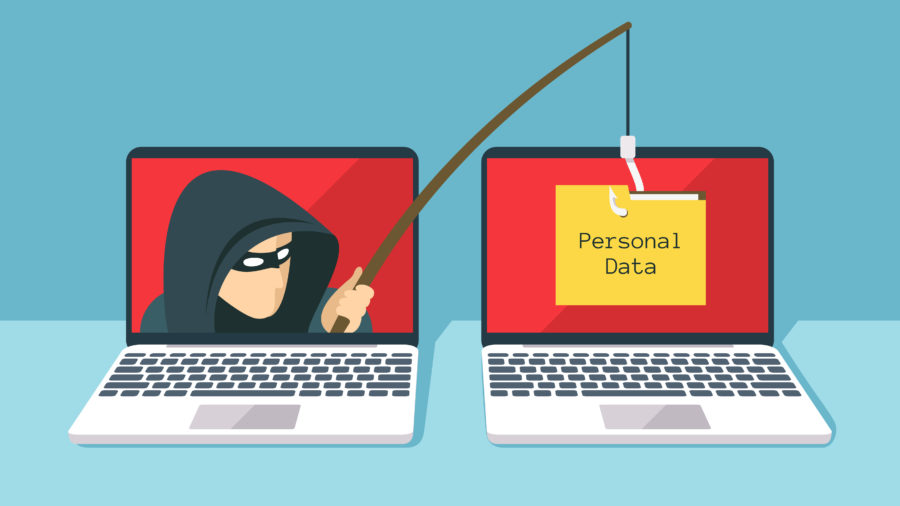Intro
According to phishing.org, Phishing is a cybercrime in which a target or targets are contacted by email, telephone or text message by someone posing as a legitimate institution to lure individuals into providing sensitive data such as personally identifiable information, banking and credit card details, and passwords. The information is then used to access important accounts and can result in identity theft and financial loss.
Different Types of Phishing
Credit Card Phishing Scams
info abt credit car phish
Bank Phishing Scams
info abt bank phish
Email Phishing Scams
info abt email phish
Website Phishing Scams
info abt website phish
Voice Phishing Scams
info abt voice phish
Info

Phishing starts when a consumer receives an official-looking e-mail from a business. The e-mail looks in every respect like one from a trusted source, such as a bank or e-Bay. The fraudulent e-mail will come with all of the right wording and company logos and will typically profess to be doing a security check, requiring the customer to verify private information.
Consumers who fall for the phishers’ scheme click on the ad or call the number and then volunteer their vital banking information: Social Security and account numbers. Do not give your information out even if someone calls and says they are with your credit card company and are investigating a potential identity theft. Ask for the caller’s phone number, and offer to call back. A scammer is unlikely to give you a number. Even if he or she does, don’t call back; just report it to authorities. If you call and surrender your account information, kiss your money goodbye: Thieves can use your credit card to shop online in complete anonymity.
So what can you do to avoid falling for phishing scams?

Quote
“Phishing is Phor Phools”
Unless you initiate a call or email, never give out:
- your date of birth
- your social security number
- your mother's maiden name
- the three digit security code on the back of your credit card
Be sure to:
- be informed about phishing techniques
- be cautious before you click anything
- install an anti-phishing toolbar
- verify a website's security
- keep your browser up to date
- use firewalls
- be wary of pop-ups
- regularly check your online accounts

